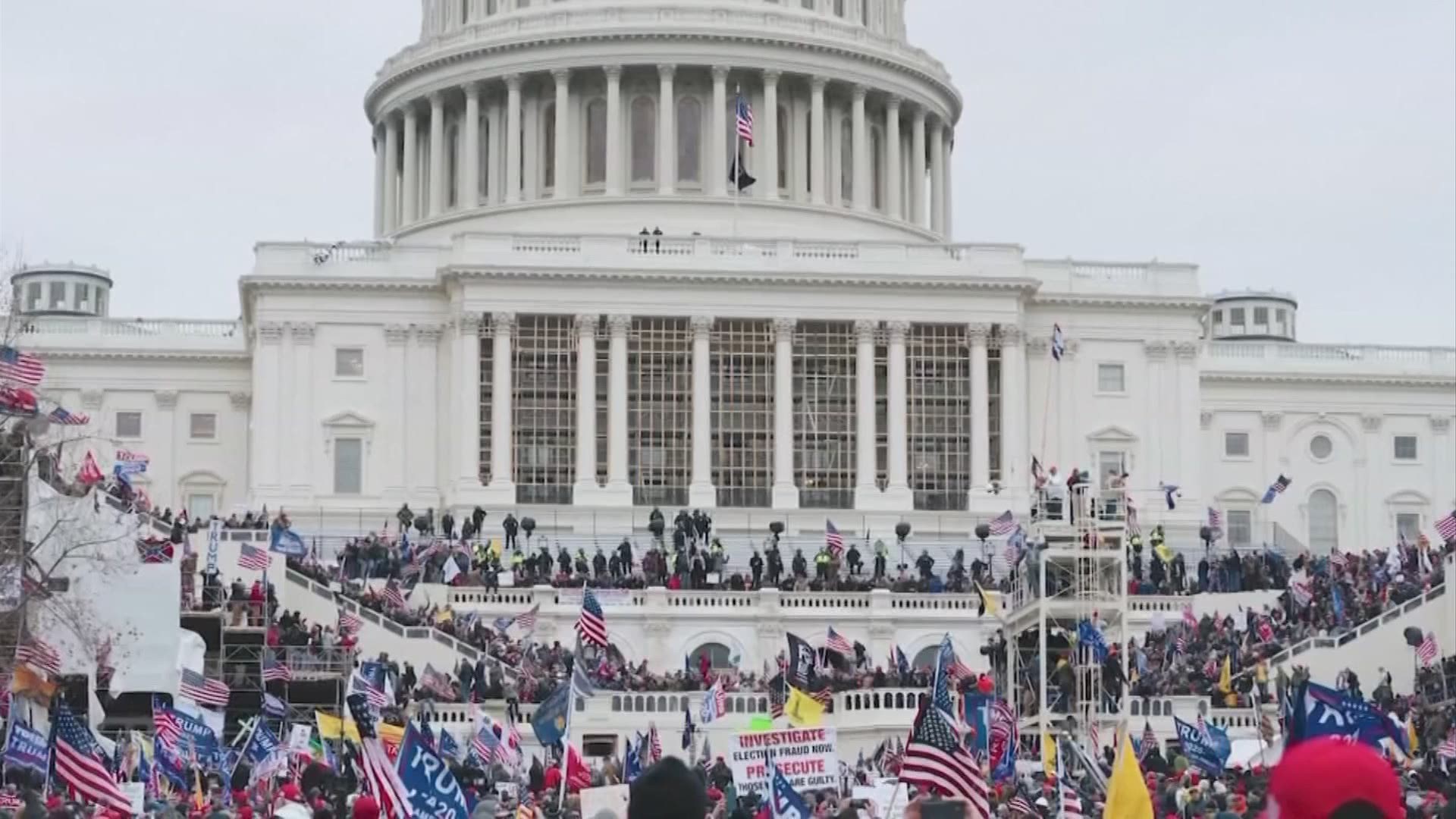A bipartisan agreement to form a Capitol Riot Commission is on its way to the Senate.
If passed by those on the Senate floor, the Jan. 6 commission would be modeled after the investigation into the 9/11 terrorist attacks.
What exactly does that entail?
“The whole purpose of the commission is to continue investigating what happened, who caused it and ultimately, punish those or hold those who had any type of involvement accountable,” said Brianna Mack, an assistant professor of politics and government at Ohio Wesleyan University.
Mack said she personally feels the Capitol Riot Commission is necessary but knows why some lawmakers are arguing against it.
“The Republicans would like it to be left in the past,” she said.
“[They feel] We’ve suffered it. We’ve learned to overcome it. We’ve done an investigation. We’ve impeached the former president. Nothing came from it. Let’s move on.”
Mack says many Republicans in office feel like that window of investigation is too small, saying last summer’s protests should also be scrutinized.
Meanwhile, on Wednesday, Ohio Congressman Tim Ryan scolded his colleagues on the house floor who disagreed with or voted against the commission bill.
“We have people scaling the capitol, hitting the capitol police with lead pipes across the head and we can’t get bipartisanship,” Rep. Ryan said.
So why can’t lawmakers agree on this bill?
“Identification with political parties has become a lot more stronger,” Mack said. “The riots were primarily conducted, or had republican participants, and so this commission could be viewed as a witch hunt to find out all the sympathetic members of congress.”
As this bill heads to the Senate, Mack said given majority leader Mitch McConnell’s lack of support for it, a Jan. 6 commission might not happen.
“It's not at all clear what new facts or additional investigation yet another commission could actually lay on top of existing efforts by law enforcement and Congress,” he said.
Mack said the next few days will be a “trial of strength and unity for the GOP.”

